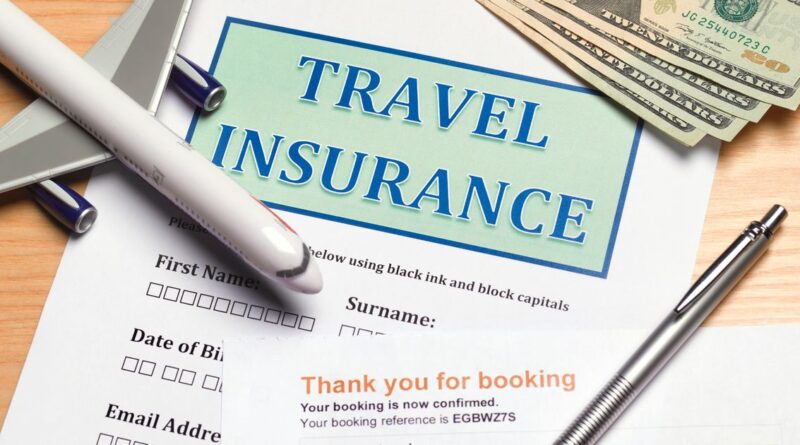Failing to declare 6 health conditions on travel insurance could cost thousands
Booked a holiday recently?
You should make sure your travel insurance is up to date before jetting off. This is important as it should help to prevent you racking up a huge bill if you fall ill abroad.
Checking the terms and conditions of your policy is also vital – as you don't want to find out you're not covered when you're lying in a hospital bed.
READ MORE: 'We sold our home to live next to Walt Disney World – now we go every single day'
Read all the latest stories from Daily Star's travel team
A common mistake people make is failing to disclose pre-existing medical conditions to their insurers, which can prevent you from being paid out.
Darren Saunders, Managing Director at PayingTooMuch, revealed this mistake can end up costing you thousands. So here are the medical conditions you need to declare or risk invalidating your insurance…
Medical conditions you should tell your travel insurance provider about
The experts said: "It’s important to tell your insurance provider about any medical conditions that you have experienced or been treated for recently. This timeframe can be different for each insurer but usually fall between 12 months to five years.
"If you don’t, you won’t be covered for any issues related to your condition on holiday. That means all the medical expenses will have to come straight out of your pocket."
Be sure to declare the following, even if they only affected you years ago…
- Heart conditions
- High blood pressure
- High cholesterol
- Diabetes
- Stroke
- Brain haemorrhage
Common travel insurance mistakes
Other common errors include buying travel insurance too late, which means you won't be covered at the airport if there's cancellations or other accidents.
And while it may be tempting to buy the cheapest policy, you should consider splashing out a bit more for insurance that fits your trip better.
Then when you're paying, be sure all your personal information is correct. You wouldn't want to lose out for getting your age or name wrong.
You should also ensure your policy is updated if you change the location or itinerary of your trip. Failing to do so could mean you're not covered.
Source: Read Full Article




